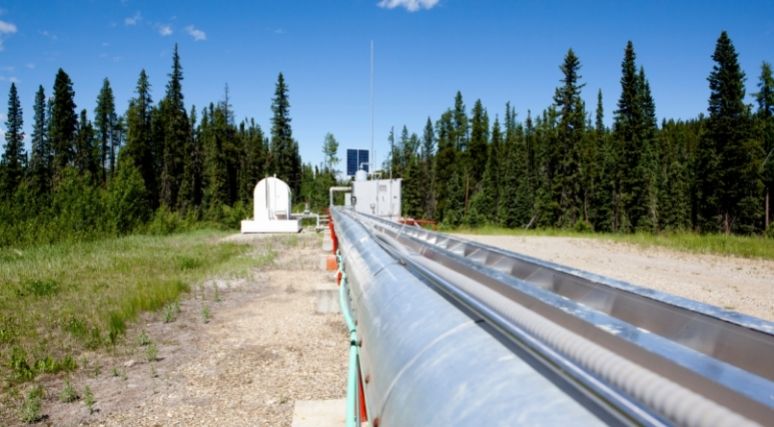 There is a need for more balanced and informed public discourse on energy. What we need are solutions that don’t devastate communities, disrupt the economy and result in overnight job losses, writes Jeff Kucharski in the Toronto Sun. A longer version of this article appeared in Inside Policy.
There is a need for more balanced and informed public discourse on energy. What we need are solutions that don’t devastate communities, disrupt the economy and result in overnight job losses, writes Jeff Kucharski in the Toronto Sun. A longer version of this article appeared in Inside Policy.
By Jeff Kucharski, May 31, 2021
The attempted shut down of the vital Line 5 pipeline by the Governor of Michigan illustrates an unfortunate imbalance in the public discourse surrounding energy and the environment. This discourse has become toxic and polarized. I call it “unbalanced energy discourse syndrome (UED).”
UED is characterized by political rhetoric that promotes radical, one-dimensional environmental “solutions” to solve multi-dimensional energy system problems. Unfortunately, UED produces side effects and life altering consequences including economic pain and job loss.
The Line 5 pipeline supplies crude oil and natural gas liquids from Western Canada to Michigan and finally to Sarnia, Ontario. The pipeline accounts for 53 percent of Ontario’s crude oil supplies and more than half of the propane used by Michigan and Quebec. Yet the Governor of Michigan is now attempting to cancel this 68-year-old pipeline that has operated safely over the same period – all to score political points with the green lobby.
Our current political narratives are partially to blame for this syndrome. Those who warn of an impending climate “catastrophe,” “cataclysm” or “emergency” are being unnecessarily alarmist, thereby justifying extreme measures – from illegal protests over the Trans Mountain pipeline to the attempted cancellation of Line 5.
Such rhetoric also serves to promote climate change issues over all others, overshadowing other urgent and important policy issues.
The US green lobby risks its credibility as a result of increasing radicalism and its own internal contradictions. While the Governor of Michigandemands the immediate closure of Line 5, the Biden administration is scrambling to help restart the Colonial pipeline after it was shut down by a ransomware group.
When it’s politically convenient to use fossil fuel pipelines to score points to buttress their environmental credentials, politicians consider them expendable. But when it’s not convenient, especially when voters can’t find gasoline and have to pay skyrocketing prices, well that’s different.
Simply put, we need to recognize our dependence on energy infrastructure based on hydrocarbons that took over 100 years to construct. Serious technological and economic hurdles also hinder our ability to deliver affordable and constantly available clean energy alternatives.
Yet this obvious fact never seems to get in the way of those activists and politicians who want to outcompete each other to look greener than everyone else.
There is a need for more balanced and informed public discourse on energy. Countries can only maintain prosperity and reach their climate change goals by balancing energy security, energy equity (affordability and access) and environmental sustainability.
This implies a gradual transition to a clean energy economy by the year 2050 – not some utopian scheme where 100 percent renewables replace the electricity grid virtually overnight or where all the pipelines are immediately shut down to address the “climate emergency.” Instead, it recognizes the need for an orderly transition to clean energy over the next 30 years.
What we need are solutions that don’t devastate communities, disrupt the economy and result in overnight job losses. That means continuing to operate pipelines (which are demonstrably safer than the alternatives) so that we can maintain energy security, energy access and affordability, while at the same time making the investments required to achieve a green economy.
Careful thought and forward thinking are required to try to balance the needs of today with the vision to plot a realistic and sustainable path forward. Sadly, much of this kind of thinking is lacking in the energy policy discourse today.
Dr. Jeff Kucharski is an energy policy specialist, researcher and MLI Senior Fellow.




